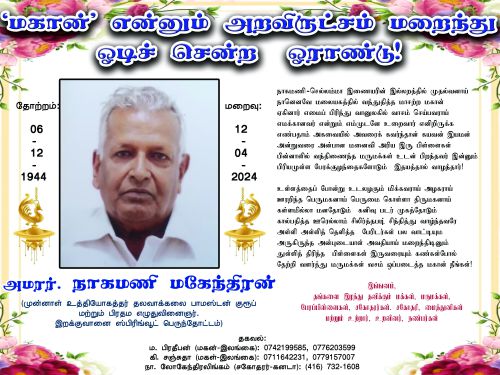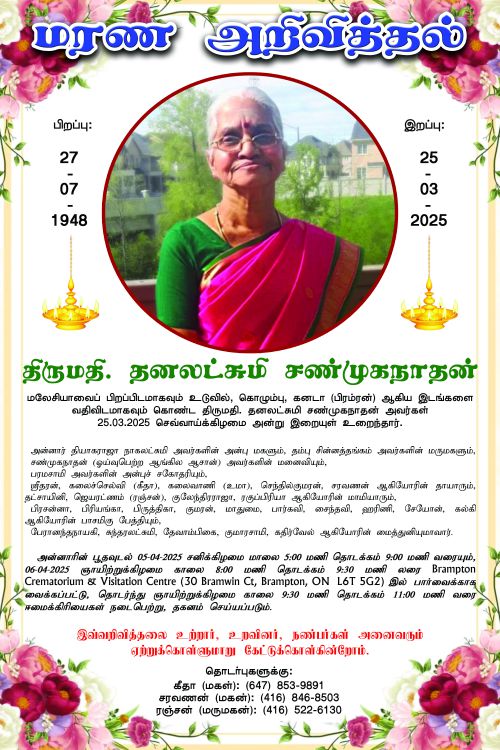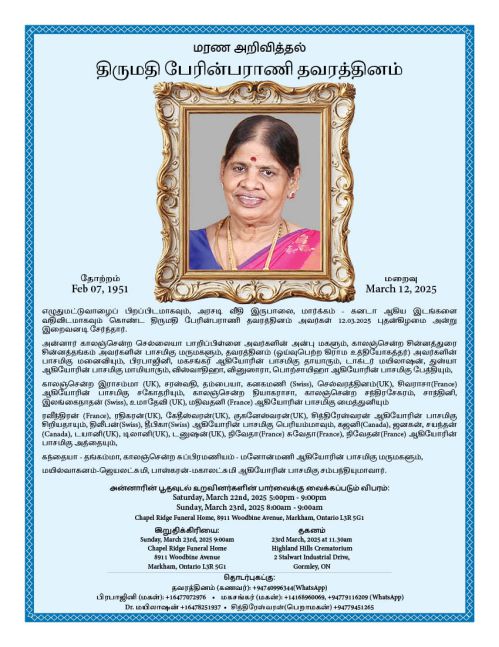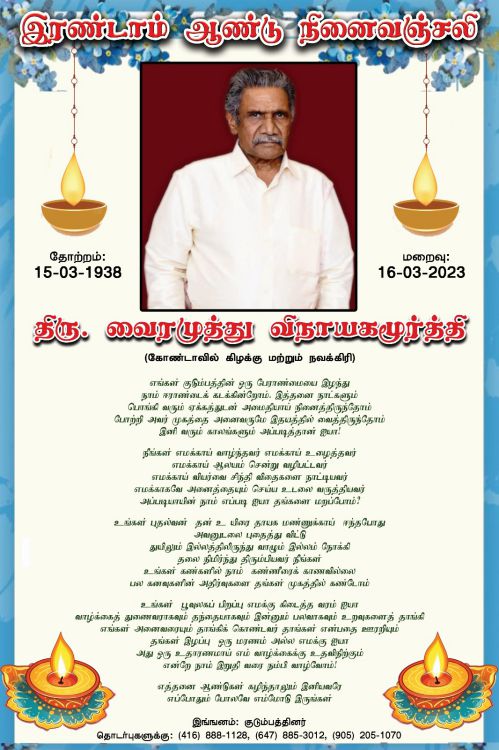Sri Lankan fishermen fear livelihood loss after India’s top court clears use of banned fishing nets
Share

Siva Parameswaran
A judgment of the Indian Supreme Court permitting the use of banned purse-seine fishing could potentially affect the lives of thousands of Tamil fishermen along the Northern Coast of Sri Lanka fishermen of the island nation fear.
Although the order comes with certain restrictions, it gives the Indian-Tamil Nadu fishermen a fillip to use banned nets which have been globally condemned and criticised as it wipes out marine lives causing irreversible aquatic and environmental damage.
Sri Lankan fishermen are apparently worried and rightly so that the judgment would strengthen the claim of the Indian Fishermen aka Tamil Nadu fishermen to fish around the Kacchativu islet area-which has been a thorn in the relations not only between the South Asian nations but also the Tamil fishermen brethren across the Palk straits.
The Tamil Nadu government banned the use of purse-seine nets for fishing on the 17th of February 2022. That ban has now been overturned by the Supreme Court upon an appeal by the Tamil Nadu fishermen.
A bench of Justices A S Bopanna and Sudhanshu Dhulia ordered allowing the use of the ‘banned’ purse-seine fishing net beyond the territorial waters albeit with certain conditions. The order permitted such fishing beyond the territorial waters but within the Exclusive Economic Zone (EEZ)
“The vessels will be allowed to operate only twice a week ie., on Monday and Thursday, and shall leave the coastline on or after 8 AM and shall return to the designated place positively by 6 PM on the same day,” the order said.
Appealing against the order of the state government the fishermen from Tamil Nadu moved the Supreme court contending “that the fishing season is only a 3-month season, and the ban has affected around 1.5 million fishermen in the state”.
The petitioners had submitted before the Supreme Court that the fishing season is only a 3-month season, and the ban has affected around 15lakhs fishermen in Tamil Nadu. Tamil Nadu fishermen further argued the ban by the state government was ‘arbitrary’ and was against the policy of the Central government.
“The law had been passed by the state without considering the expert committee and the fishermen and as a result, 1.5 million people had lost their job”. Legal analysts point out that the loss of jobs is not corroborated by scientific data backed with proof.
Sri Lankan fishermen say if 1.5 million Indian (Tamil Nadu) fishermen argued about the fear of being out of jobs if the ban is not overturned by the Supreme Court-they would be even more vulnerable if they cross the International Maritime Boundary Line and enter Sri Lankan Territorial waters where the aquatic resources are already depleted due to poaching by the Tamil Nadu fishermen.

“This is a legal blow to us when we are fighting for one square meal a day amidst the ongoing economic crisis and the continuing impact of the war. Our marine resources are depleted, and we don’t have the capacity to go for deep sea fishing as we lack the infrastructure and the financial backing needed for it. Our government is not capable of taking our long pending issues with the Indian side and finding a permanent solution. In fact, they act as their mouthpiece as they depend on India for resurrecting the country” a fishermen leader from the Northern Province said on condition of anonymity and fear of reprisal.
However, TN fishermen are divided in their opinion. While people from Rameswaram- the closest coast to Sri Lanka’s Talaimannar- say although the 12 nautical mile condition is very tricky along the IMBL they don’t use the banned net and as such they neither gain nor lose due to the judgment. But, the fishermen from other coasts in the Pudukottai, Nagapatnam, Karaikal, and Cuddalore districts say though part of them use such nets venturing into Sri Lankan territorial waters may happen.
War-affected Tamil fishermen of Sri Lanka’s Northern Province are not convinced by the comments of their counterparts from Tamil Nadu. “There’s every possibility that the Indian fishermen would continue to poach in our waters armed with the Supreme Court from their country and our fishermen’s misery would be an unending saga”.
Although the order is only an interim one, Justice Bopanna has observed that it has a humanitarian angle.
“The order is based on the philosophy of Live and let live. We can’t take all contingencies into consideration. This order is to ensure that everybody should survive kind of policy. Nothing more than that”.
But fisheries industry people in Sri Lanka point out their primary concern is about allowing the use of purse-seine nets which will adversely affect aquatic resources in the areas around their coastal zone. They also point out the Tamil Nadu government was right to ban such nets thirty years back. Moreover, while the TN fishermen were able to fish in their territorial waters but the Northern Province fishermen were denied permission by the Sri Lankan Navy to venture into the sea for their livelihood.
Tamil fishermen of the Northern Province say they are yet to get back to full normal even after the civil war came to a bloody end almost 14 years back. The deadly Covid impact since 2019 and the continuing economic crisis without an end in sight, have also directly affected those fishermen who are either unable to venture into the sea or come back with a meager catch.
Fishermen crossing borders has been a major thorn in the bilateral diplomatic issues between India and Sri Lanka. Sri Lankan fishermen point out that whenever their counterpart from Tamil Nadu crosses the IMBL and gets apprehended by Sri Lankan Navy and detained pressure from Tamil Nadu starts mounting on the Indian Federal Government urging them to take action and release them, following which Delhi writes to Colombo and the fishermen are released while their boats are detained and sold in a public auction.
Now, it is feared by the Northern Province fishermen that though the judgment allows the use of purse-seine nets only for trawlers beyond 12 nautical miles, other fishing boats too may take advantage of using such nets.
The Judges of the Indian supreme court are set to hear the matter for an in-depth consideration later. After delivering the interim order Justice Bopanna said, “The court is passing these orders after thinking about it and taking the interest of all sides into consideration”.
However, the big question for Sri Lankan fishermen is whether they too are part of the ‘all sides’.































